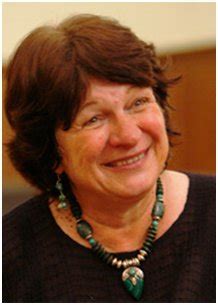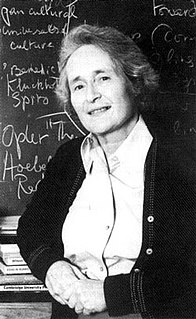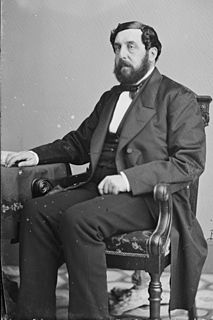A Quote by Ralph Waldo Emerson
The condition which high friendship demands is ability to do without it.
Related Quotes
We are wont to see friendship solely as a phenomenon of intimacy in which the friends open their hearts to each other unmolested by the world and its demands...Thus it is hard for us to understand the political relevance of friendship...But for the Greeks the essence of friendship consisted in discourse...The converse (in contrast to the intimate talk in which individuals speak about themselves), permeated though it may be by pleasure in the friend’s presence, is concerned with the common world.
High SQ demands the most intense personal integrity. It demands that we stand open to experience, that we recapture our ability to see life and others afresh, as though through the eyes of a child, to learn how to tap into our intuition and visualization, as a powerful means of using our inner knowing to “make a difference.” It demands that we cease to seek refuge in what we know and constantly explore and learn from what we do not know. It demands that we live the questions rather than the answers.
I was in high school - and I went to an all-boys Catholic high school, a Jesuit high school, where I was focused on academics and athletics, going to church every Sunday at Little Flower, working on my service projects, and friendship, friendship with my fellow classmates and friendship with girls from the local all-girls Catholic schools.
There are three friendships which are advantageous, and three which are injurious. Friendship with the upright; friendship with the sincere; and friendship with the man of much observation: these are advantageous. Friendship with the man of specious airs; friendship with the insinuatingly soft; and friendship with the glib-tongued: these are injurious.
At its best, the US Open demands straight drives, crisp iron shots, brilliant chipping and putting, and strategic position play. Plus the patience of St. Francis and the will of Patton. At its worst, the Open eradicates the difference in ability between a Tom Purtzer and a Tom Watson and throws both in the same jail of high rough and high risk shots. This is the disturbing tendency in the Opens of the seventies and eighties, one which worries everyone in golf.
Muscles without strength, friendship without trust, opinion without risk, change without aesthetics, age without values, food without nourishment, power without fairness, facts without rigor, degrees without erudition, militarism without fortitude, progress without civilization, complication without depth, fluency without content; these are the sins to remember.
Professed authors who overestimate their vocation are too full of themselves to be agreeable companions. The demands of their egotism are inveterate. They seem to be incapable of that abandon which is the requisite condition of social pleasure; and bent upon winning a tribute of admiration, or some hint which they can turn to the account of pen-craft, there is seldom in their company any of the delightful unconsciousness which harmonizes a circle.
Bibles read without prayer; sermons heard without prayer; marriages contracted without prayer; journeys undertaken without prayer; residences chosen without prayer; friendships formed without prayer; the daily act of prayer itself hurried over, or gone through without heart: these are the kind of downward steps by which many a Christian descends to a condition of spiritual palsy, or reaches the point where God allows them to have a tremendous fall.







































